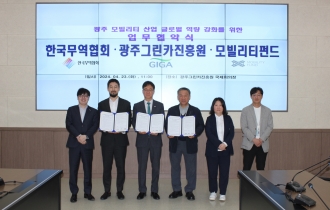[INTERVIEW] Korean startup pioneers in London
[THE INVESTOR] LONDON -- No doubt, London is Europe’s bustling startup hub. Young entrepreneurs and investors are flocking to the city that boasts abundant infrastructure and generous tax benefits. But Asians, not to mention Koreans, have little presence here.
Cultural and language barriers are at the core of the issue; presentations happen both on schedule and spontaneously, while offline and online networking is considered a must for all entrepreneurs. Last but definitely not least, it’s still not easy for foreign startups to get a business visa.
Of the less than five startups run by Koreans in London, The Investor recently met three pioneering CEOs who have different academic and career backgrounds to ask why they chose London -- and not Korea or Silicon Valley -- and what the city offers for their growth.
Fernando Moon of Eggbun
Moon launched Eggbun, a chatbot-based language learning app, in Southeast Asia in 2015. K-pop was gaining popularity, and the startup scene there was thriving. Accordingly, global startups and investors were rushing in.
But despite the market potential, the Eggbun app, which cost US$5 at the time, was deemed too expensive for local consumers (the app is now free). More importantly, it was difficult to find quality linguists who are crucial to upgrading the app’s services. That was when he turned his eyes to London, home to the world’s renowned elite schools.
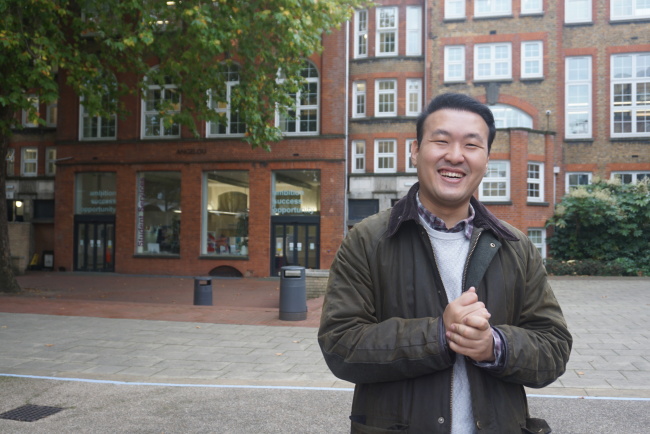
Eggbun CEO Fernando Moon
“It was quite impressive that graduates from top schools were willing to work at a small startup like us,” he said of how young people in London are embracing startup culture overall. “It’s true that the city’s salary levels are extremely high and we spend big to hire people but it’s worth it.”
Eggbun consists of 16 members who develop and apply apps to help subscribers learn Korean, Chinese and Japanese by chatting in English. After participating in diverse acceleration programs like 500 Startups and Malaysia’ MaGIC, the firm is currently based in Tech City UK, London’s coveted startup complex. Moon, the CEO, has a tech visa issued by the UK government to only select firms.
Investors also opened their wallets wide. So far, the firm has attracted a combined 1.12 billion won (US$104,000) funds from multiple international investors, including 930 million won funding in March led by Martin Randel, a Swedish venture capitalist and CEO of Memnon Networks.
“European investors could be more conservative compared to those in the US. They prioritize business stability over jackpots, and they always want to check financial performances,” Moon said. “Still, the staff is usually the real key to their investment decisions. I think that was the case for Eggbun, too.”
Moon is a 34-year-old Korean-native who studied at the Paris School of Business. He’s a language aficionado who speaks Korean, English, French and Spanish. Before Eggbun, he worked at multilateral intuitions like World Bank. His team members include: co-founder and art director Mimi Kim, a former UX designer at Samsung Electronics; head of content Choi Miri, a Washington-based linguist; Jung Kyung-ho, head programmer; Park Songyee, iOS developer and growth leader; and Serena Peruzzo, data scientist. Nick Macey, former chief product officer of Rosetta Stone, serves as an advisor.
“So far, I have felt no disadvantages as an Asian,” Moon said. "Investors and business partners don’t care about my nationality, and they focus on the value we offer.”
He added that UK investors are increasingly paying attention to Korean firms who have built a reputation for their technological prowess.
“When startups consider going global, Silicon Valley may be their priority but London is still an untapped market with big opportunities.”
Monica Lee of Frontrow
Lee was a researcher at a Korean credit rating agency before she participated in a startup competition hosted by Korea’s Small and Medium Business Administration -- precursor to the Ministry of SMEs and Startups -- and the UK Embassy in 2016 back in Seoul.
She won with an administrative service app that makes complex paperwork a lot easier for artists who are often duped into signing unfair contracts due to their lack of information on procedures. Her idea especially appealed to the UK Embassy, as London is a city of artists with more than 613,000 people working in the creative industry. That’s about 24 percent of London’s total workforce.
With the prize, Lee was offered office space to launch her firm Frontrow as a part of Innovation RCA, a startup accelerating program run by the renowned Royal College of Arts in London. Lee is the only female CEO and the first non-RCA graduate to join the program. After months of assessments and due diligence, Lee attained the tier-1 tech visa from the London government.
She says her first year in London was all about “survival.”
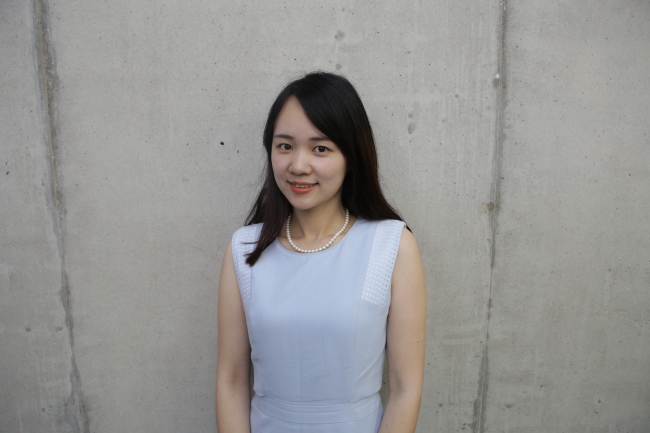
Frontrow CEO Monica Lee
“Over the past year, we have focused on trust-building with our clients -- young artists who are skeptical about any systemic support for them,” she said. “As a foreigner, the whole process was all the more challenging.”
“We tried to meet more artists, mingling with them, and hoped to convey our sincerity,” she added.
Frontrow is currently in the angel funding stage, but has attracted more than 50,000 registered artists. It aims to double the figure to 100,000 this year.
But competition is expected to get fiercer as more similar apps are entering the administrative service market for artists. Eventually, Lee is hoping to branch out into Korean artists. “Our ultimate goal is to become a virtual manager that introduces Korean artists to Europe and European artists to Korea.”
She added that despite the daunting tasks ahead, she feels that starting a business in UK was the right decision. ”You will have made it in one of the world’s most competitive and high-quality markets once you succeed in the UK.”
Ted Kim of DiversiTea
Kim, a 27-year-old Seoul native, founded his tea subscription startup DiversiTea in May last year in Sheffield, some 260 kilometers northwest of London. While studying European and international law at the University of Sheffield, he chanced upon entrepreneurship classes and came up with an idea to “do something with tea” to reflect his newfound interest.
“Operating a startup is arduous work,” Kim said, adding he takes other side jobs to cover living expenses. “In the early stages, it’s difficult to expect fast returns or compensation. It’s more important to look out for the long term.”
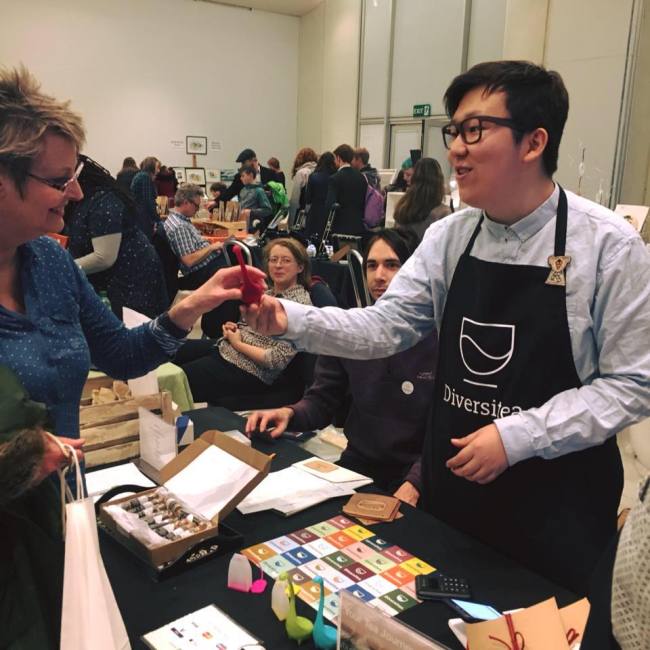
Diversitea CEO Ted Kim
Kim and co-founder and CTO James Home first thought about selling iced tea. But later on, they decided to create a tea subscription box that introduces four different kinds of teas each month.
Diversity, just like its name, is what makes the tea startup special in a country that takes great pride in tea industry, with renowned teahouses and established producers that go back centuries.
“We call ourselves tea curators,” Kim said. “We don’t produce teas. But our role is sourcing good teas from producers and introducing them to customers for them to try out. That’s where we found our niche.”
DiversiTea curates different loose-leaf teas under a single theme each month. For January the tea box is themed “After Party Detox,” featuring Tangawizi Lemon, Winter Star Rooibos, Winter Earl Grey, Chunmee Taipan Superior, for the post-holiday month.
Customers can easily get their teas delivered at the DiversiTea website for 19.99 pounds (US$27.11) a month or 53.97 pounds for three months. The service is available all across Europe and also Korea.
The tea box idea seems to be gaining traction, especially popular among women in 20s to 30s and young professionals, according to Kim.
But there are challenges, of course. For DiversiTea, changing consumer patterns is one of them.
“Many people in England are used to drinking just a limited type of tea or just a single brand during their lifetime,” he said. “Some are reluctant to explore if they don’t know what they are. We are here to give them an opportunity to get out of their comfort zone.”
For now, investment is not urgent, according to Kim. But in the future, he hopes to raise funds from investors as the business grows. “We take great pride in our teas,” he said. “I have faith that I will have a good time running this startup even after 10 years.”
By Lee Ji-yoon and Ahn Sung-mi
(jylee@heraldcop.com) (sahn@heraldcorp.com)
This story was sponsored by the Samsung Press Foundation. The UK Embassy in Korea and KOTRA also contributed. -- Ed.
EDITOR'S PICKS
- Samsung starts production of 290-layer V-NAND chips
- SK CEOs vow to bolster corporate value-up drive
- [Exclusive] Korean military set to ban iPhones over 'security' concerns
- Aging population to drive down Korea's housing prices from 2040: experts
- LG CNS wins Google Cloud partner awards for second year
- CJ's processed rice sales soar in North America
- [Herald Interview] Bridging Korea, Philippines for better future
- KITA partners with German VC fund to bolster auto firms in Gwangju






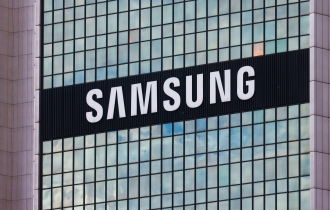
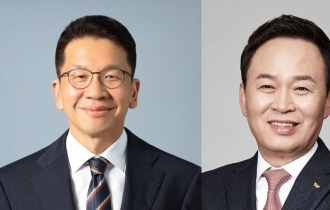
![[Exclusive] Korean military set to ban iPhones over 'security' concerns](http://res.heraldm.com/phpwas/restmb_idxmake.php?idx=141&simg=/content/image/2024/04/23/20240423050599_0.jpg)
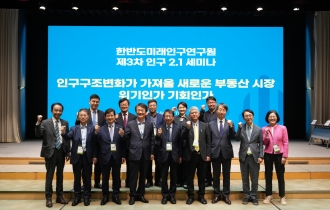
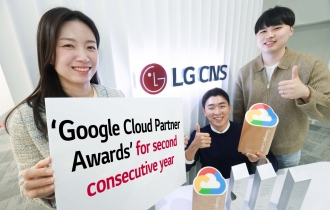
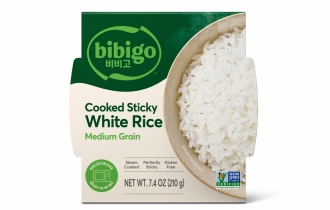
![[Herald Interview] Bridging Korea, Philippines for better future](http://res.heraldm.com/phpwas/restmb_idxmake.php?idx=141&simg=/content/image/2024/04/23/20240423050735_0.jpg)
